The complex, multifaceted parent-child relationship
The relationship between a parent and child is a multifaceted thing, perhaps particularly in the modern world. You will play many roles in your child’s life – parent, teacher, coach, therapist and friend. Even stripped back to its essence the role of parent still contains multiple interweaving strands of nurturance, encouragement, and discipline. So, how do you do justice to all of that without losing sight of what’s really important?
Personally, I find the concept of dual relationships helpful. In clinical psychology, ‘dual relationship’ refers to when a psychologist and patient/client have other aspects to their relationship, not just the therapeutic relationship. More extreme forms of dual relationships such as balancing the therapeutic relationship with a romantic relationship, friendship, family relationship or business partnership are definitely frowned upon and are avoided. However, some forms of dual relationships, such as joint membership of the same community or being colleagues can’t always be easily avoided and must be consciously managed.
You can think of the parent-child relationship as a complex dual relationship (far more complex than any of the acceptable dual relationships that psychologists may have!), consciously managing the different roles that you play in your child’s life:
- Be conscious of the different roles that you play in your child’s life and their potential for conflict. For example, notice the tension between your role as parent and your role as teacher, or between your role as parent and your role as friend.
- Recognise that your role as parent is primary. Of course, you play other roles too and they also matter, but your role as parent must be the default and it is key that you know when to step back into the parental role.
- Within the multiple strands of the parental role nurturance is primary. Encouragement and discipline are important, but the most utterly crucial aspect of parenting is that you love your child and you show that love over and over by responding to their cues as best you can. With nurturance as the default, your discipline will be all the more effective when it is called for.
- When interactions go wrong ask yourself: which role am I in right now? Is that the role my child needs at this moment?
- If your child is old enough, you might like to discuss your different roles openly with your child, using the concept of different roles to work through problems within your relationship together.
- Remember, your relationship is genuinely complex. Sometimes, one course of action may seem the best from the point of view of one of your roles, and another the best from the point of view of another one of your roles. There isn’t always a single clearly right answer. So, be kind to yourself as you navigate this complex web.
Apply it in your life: What roles do you play in your child’s life? Can you be more conscious these different roles, playing the role needed by your child right now?



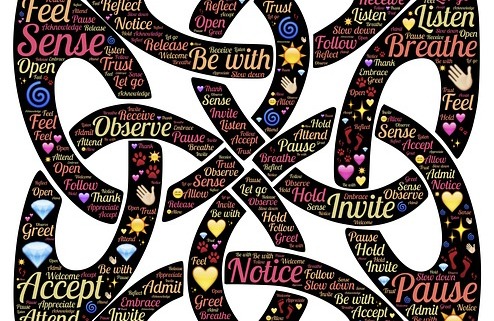
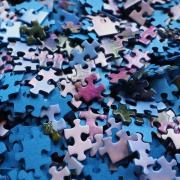


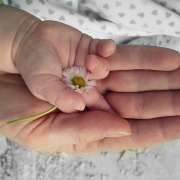

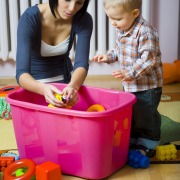

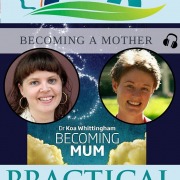


Great blog! Parenting is learning from mistakes.You should always be consistent, following through, and communicating in a positive way, there are very few definite guidelines on parenting. You need to find out what really works for yourself and your children.